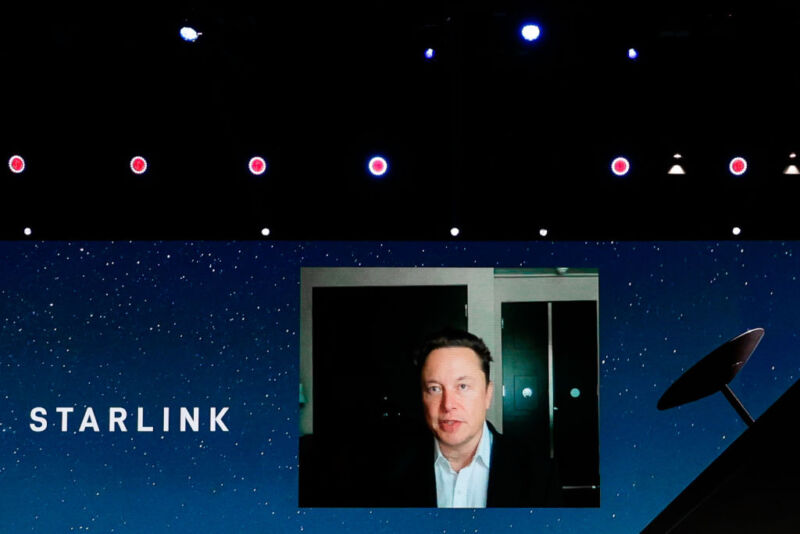
Last month, Elon Musk offered activists protesting in Iran uncensored Internet access, and a US State Department official said that the US would also be taking steps to help Iranians connect. Without delay, Musk activated SpaceX’s satellite Internet service Starlink, and he said all he needed to get Iranian protesters online was to somehow install special terminals in Iran that could receive the signal. So far, Musk tweeted that only a few terminals have been installed in the country.
More are still needed, and now it looks like the US could possibly be taking steps to help with that. CNN reports that multiple US officials confirmed that the Biden administration is in talks with Musk to potentially follow through on Biden’s promise earlier this month and actually help set up broad access to Starlink in Iran. CNN says it’s not clear yet if those discussions will lead to the US offering to pay for the special terminals to be set up, however.
“We have our foot on the gas to do everything we possibly can to support the aspirations of the Iranian people,” one senior administration official told CNN.
News of these talks comes days after Musk and the Pentagon wound down discussions over who should fund Starlink in Ukraine. Those discussions ended with Musk withdrawing SpaceX’s request for millions in Pentagon funding and SpaceX adding a donation option on the Starlink service, “for those who want to donate to places in need,” Musk tweeted at the time.
The tension with the Pentagon over Starlink funding is one reason why US officials worry Musk may not be a reliable partner, with Musk suggesting at one point that he couldn’t fund Starlink access in Ukraine indefinitely. But regardless of that tension, so far Starlink seems to be the US’s go-to solution, with the US once again partnering with Musk to provide Internet service in another region rattled by violence.
SpaceX did not immediately respond to Ars’ request for comment.
Actually ensuring that people in Iran get broad access to the Internet doesn’t end with installing the terminals, even if that’s where Musk’s talks with Biden lead. Iran outlaws technology like Starlink, but CNN notes that such technology is “nevertheless abundant across the country.”
What’s not abundant is reliable Internet access, and it’s not guaranteed that Starlink would be reliable if set up in Iran. Experts told CNN that unless activists in Iran understand how to hide Internet signals from their country’s authoritarian regime, having too many people accessing the service risks Iran’s security services quickly shutting down terminals. And connecting to Starlink would come with risks for activists the US seeks to support. Anyone found connecting to Starlink in Iran could risk being charged as spies by the Iranian government.
That’s why providing Internet access in Iran is considered a greater challenge than assisting in Ukraine, but US President Joe Biden has expressed unwavering support to protect Iranians’ right to protest. He vowed earlier this month that he would make it easier for Iranian protesters to access the Internet and make Iranian officials pay for obstructing citizens’ right to protest freely.
To help Biden succeed in this mission, once again, Musk has been called to the White House. But not everyone is ready to trust Musk in this sensitive role. At least one US senior defense official told CNN, “He’s a loose cannon we can never predict.”
https://arstechnica.com/?p=1892070

